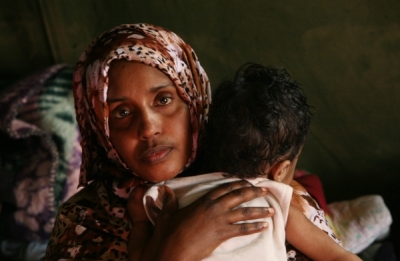Tripoli, 30 August:

Today, 30 August 2012, has been designated the “International Day of the . . .[restrict]Disappeared” by the International Committee of the Red Cross (ICRC).
It is hoped that the event will raise awareness of families throughout the world that endure painful uncertainty as they await news of missing relatives, and of the obligation of governments, under international law, to do everything in their power to investigate cases of missing persons.
In Libya, where large numbers of people have gone missing, including many who may have been arrested or died during the revolution, thousands of families still do not know what became of their relatives.
“Providing them with information on the fate of their loved ones is not only a legal obligation, it’s a matter of humanity,” said Laurent Saugy, who coordinates ICRC’s missing persons work in Libya.
“The scars that war leaves on relatives of missing persons and their communities are deep,” said Marianne Pecassou, who heads the activities carried out by the ICRC for the families of missing persons.
“People who don’t know whether those who have vanished are alive or dead are leading lives of uncertainty. In some cases, they have been waiting for decades, and it often happens that they suffer from emotional and social isolation. Sometimes, they’re even shunned as bearers of bad luck, and women can be stigmatized because they are left without the protection of a male family member.”
Almost 500,000 people fled Libya during last year’s conflict and in subsequent violence, according to the UN refugees agency.
This includes almost 200,000 to Egypt and more than 230,000 to Tunisia. Many others have fled south to Africa or north to Europe, with large numbers of people going missing or perishing during the journey.
[/restrict]







